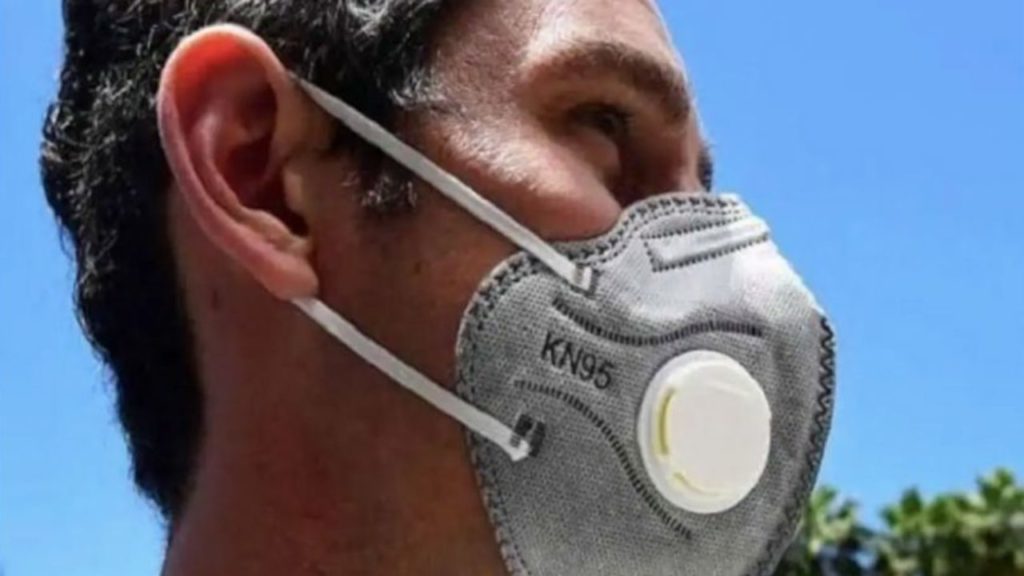Your Face Mask Will Detect Covid Virus With Biosensors: New Innovation From MIT, Harvard

Image only for representational purpose
Researchers at Massachusetts Institute of Technology (MIT) and Harvard University’s Wyss Institute for Biologically Inspired Engineering have developed a modification to a standard KN95 face mask which can detect Covid infection from the wearer’s breath.
The wearable freeze-dried cell-free (?wFDCF) mask is a single-use one which uses technology similar to at-home pregnancy tests.
Contents
Process And Background
Co-author of the study, Peter Nguyen of Wyss Institute, said that his team has developed a sensor which is basically the essence of an entire diagnostic laboratory.
Wearable freeze-dried cell-free (wFDCF) technology in use here was first utilized in diagnostics when the Zika virus broke out in 2015.
Its use in the Coronavirus pandemic came from tinkering at home during quarantine, with scientists bringing “non-biological equipment home and assembling devices manually”.
Although in no way comparable to conventional lab infrastructure, working at home did allow for real-world conditional testing of the sensors.
This technology marries the “high accuracy of PCR tests with the speed and low cost of antigen tests”.
USPs
The mask is an exemplary innovation in a lot of ways.
First, it does not involve any electronic components.
It is the first SARS-CoV-2 nucleic acid test which produces results comparable to RT-PCR tests.
The mask works at room temperature, thereby removing the need for heating or cooling instruments.
All the above conveniences allow for quick screening in non-laboratory settings.
How It Works
The user wears the mask for 15-30 seconds, then they push a button which activates a small disposable sensor embedded in the mask.
This sensor then produces a visual result in a readout strip which is either positive or negative in about 90 minutes.
The accuracy and reliability is on par with diagnostic tests like polymerase chain reactions (PCR).
Future Uses
Although the technology is currently used in face masks, its use can be expanded to fabrics of any kind worn by medical professionals, front-line responders or the military.
The integration of these programmable biosensors into fabrics could help detect a range of medical issues including harmful diseases, viruses, bacteria, toxins, chemical agents and other exposures on the go.
The signal captured by these sensors could also be sent to a smartphone which would allow the user to check their exposure to potentially risky substances.
The team behind the mask is now on the lookout for manufacturers to produce and distribute the product
This College Ranked As #1 For Doing MBA In India: Checkout Top MBA Colleges In India (2021 Ranking)

Comments are closed, but trackbacks and pingbacks are open.